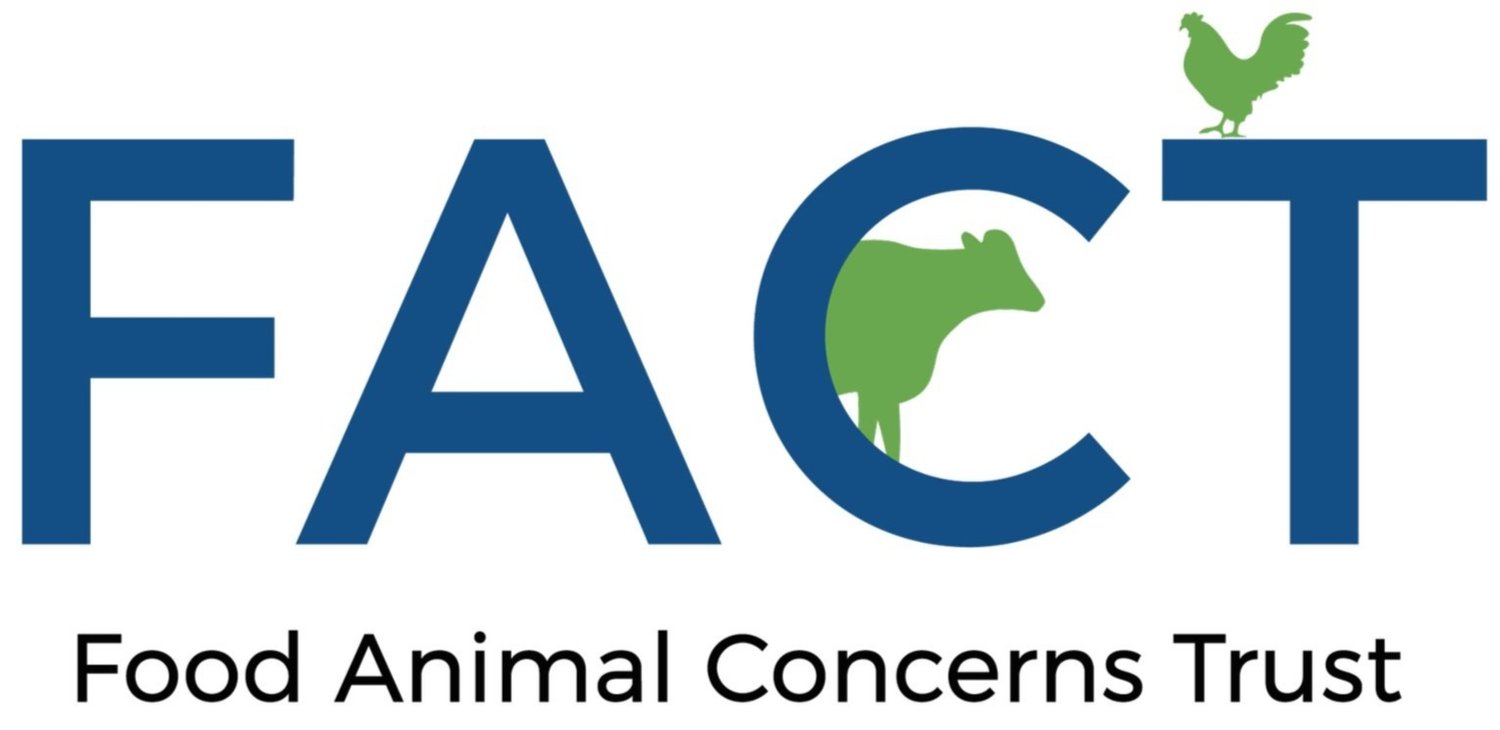U.S. Undermines International Effort to Reduce Death and Sickness from Antimicrobial Resistance
By Steve Roach, FACT’s Safe and Healthy Food Program Director
Next week on September 26, the United Nations (UN) will convene the second High-Level Meeting on antimicrobial resistance (AMR) with the aim of getting countries to make commitments to take steps to reduce the number of deaths and increased illnesses caused by the spread of drug-resistant germs. These priorities will be communicated in a political declaration. Unfortunately, when it comes to reducing the overuse of antibiotics and antifungal drugs in agriculture - a primary cause of resistance - the agreed-upon commitments have been considerably weakened from earlier versions of the political declaration. The U.S. government instead of pushing for strong international targets to reduce the overuse of antibiotics in agriculture has worked to weaken them.
Resistance occurs when germs no longer respond to the drugs (antibiotics and antifungals) used to treat them. This leads to more and more serious illnesses, more hospitalizations, and more deaths as doctors and veterinarians struggle to find a drug that will work. The spread of resistance (more germs becoming resistant to more drugs) makes common medical procedures like dialysis, surgery, cesarean sections, chemotherapy, and organ transplants much more dangerous. For example, Infections are a primary or associated cause of death in 50% of patients with cancer, and resistance can make these infections difficult or impossible to treat. In 2019, resistance in bacteria was associated with almost 5 million deaths and the direct cause of death for 1.29 million people globally. This number will only continue to rise unless there is a “minimization of inappropriate antibiotic use in farming.”
The primary cause of the spread of drug resistance is the overuse and misuse of antibiotics and antifungal drugs in human medicine and agriculture. For antibiotics, the overuse in agriculture is primarily in food animals but for antifungal drugs, it is primarily in crops. Because overuse and misuse are its primary causes, stopping the spread of deadly drug resistance means stopping antibiotic overuse. This is where the UN meeting and the political commitments come in. There is wide agreement that antimicrobial resistance is a huge problem leading to millions of deaths. The UN meeting is a chance for countries to come together and agree to do something about it. What they commit to doing will be laid out in a political declaration that countries endorse and then implement.
Unfortunately, strong commitments from an earlier draft have been dropped from the final draft political declaration which is likely to be adopted next week. The earlier commitment to "Reduce, by 2030, the quantity of antimicrobials used in the agri-food system globally by at least 30 percent from the current level" has been changed to "Strive to meaningfully reduce, by 2030, the quantity of antimicrobials used globally in the agri-food system from the current level." In addition, a commitment to stop using antibiotics to make animals grow faster was also dropped.
For FACT, an organization based in the U.S., we were disappointed but not surprised that the U.S. government played a role in weakening the political commitments around animal agriculture. As the head of FACT’s Safe and Healthy Food program, I have participated in international discussions around antibiotic use in agriculture for over two decades. The U.S. government with delegations led by the U.S. Department of Agriculture and the Food and Drug Administration has consistently worked on behalf of the U.S. industrial agriculture system to weaken and undermine international standards and recommendations when it comes to antibiotic use in agriculture. From opposing recommendations against the use of antibiotics to make animals grow faster, opposing recommendations that toxic drugs not be used in food animals, opposing World Health Organization recommendations on reducing antibiotic use in agriculture, opposing the development of international standards for the use of antibiotics in crops, to opposing any mention of reducing antibiotic use in agriculture, the U.S. has always been in the lead when it comes to weakening international standards and recommendations. The U.S. could be a real leader when it comes to protecting public health around antibiotic resistance, but that would mean putting the interests of people ahead of the giant meat industry with all its wealth and political power. FACT will continue to push the U.S. government to become the leader it could be.
